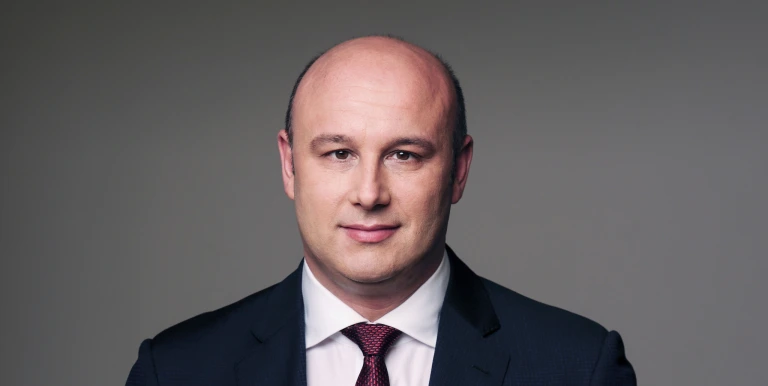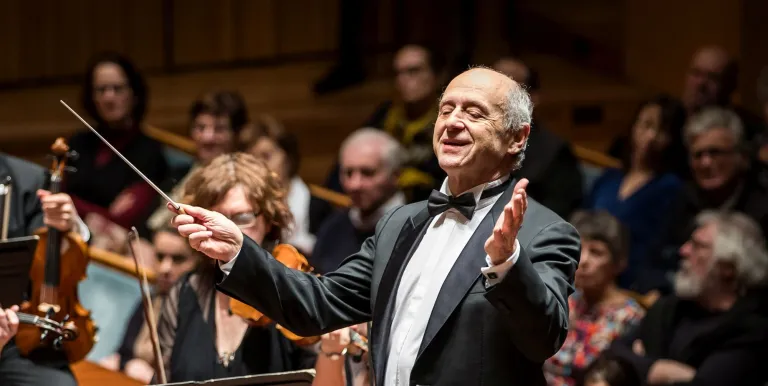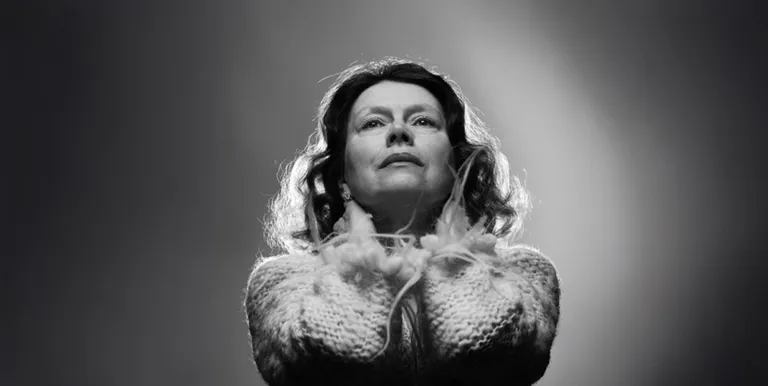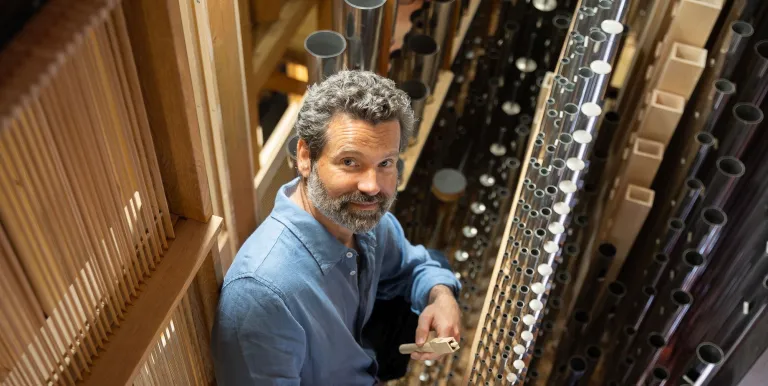Conductor:
Featuring:
Mahler
Symphony No. 2 in C minor ("Resurrection”)
Mahler's Second Symphony - as he wrote in one of his letters - starts with a big question: "Why have you lived? Why have you suffered? Is it all some huge, awful joke? - We have to answer these questions somehow if we are to go on living - indeed, even if we are only to go on dying!” The person in whose life this call has resounded, even if only once, must give an answer. And it is this answer I give in the last movement. The second and third movements are intended as an interlude, the second being a memory! A ray of sunlight, pure and cloudless, out of that hero's life."
The Second Symphony gained a cult following even during the author's life: while many of Mahler's compositions elicited mixed receptions, the massive work "The Resurrection” enjoyed great success even at its première. When the work was first performed in Budapest in 1923, under the baton of Ernst von Dohnányi, music critic Emil Haraszti wrote with marked enthusiasm not only about this particular work, but also about the entire oeuvre of this composer who had died more than a decade earlier. "The Resurrection Symphony is the tragedy of the hero. The Beethovenian hero, who fails, but only to be reborn in death. Difficult and heavily draped funereal themes vie with wild flickerings of grief. Poetry and realism; the triviality of real things." Another critic used the pretext of the symphony to recall Mahler's work as an opera conductor in Budapest, when "he was an advocate of intransigence, but as we know, this role was a short one and took place long ago… The conductor, the opera director is long gone, but perhaps now the poet has returned, and maybe the eternal anthem of the Urlicht was addressed not only from him, but also to him."
Presented by: Hungarian Radio Art Groups
-
We wish to inform you that in the event that Müpa Budapest's underground garage and outdoor car park are operating at full capacity, it is advisable to plan for increased waiting times when you arrive. In order to avoid this, we recommend that you depart for our events in time, so that you you can find the ideal parking spot quickly and smoothly and arrive for our performance in comfort. The Müpa Budapest underground garage gates will be operated by an automatic number plate recognition system. Parking is free of charge for visitors with tickets to any of our paid performances on that given day. The detailed parking policy of Müpa Budapest is available here.








